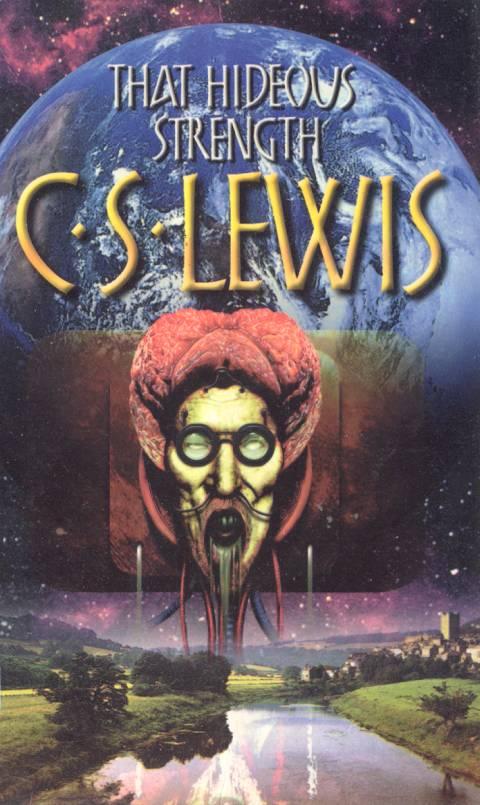Does Modern Science Hinder Skepticism? The Eugenics Example
One of the important and counterintuitive insights that C.S. Lewis offered was his observation that far from encouraging skepticism, the mention of "science" can call forth a perilous gullibility, not least from educated, intelligent people who should know better. Healthy skepticism is a cornerstone of the scientific process. Knowledge is advanced and new discoveries are made by challenging scientific results and testing alternative hypotheses. Lewis recognized, though, that science can also promote an uncritical acceptance of views that are said to be backed by science or wrapped in science-y language. In Lewis's time, most scientists supported eugenics, or the belief that the gene pool of humans should be improved, and they argued that their views were supported by science. These views led to policies such as forced sterilization of those deemed to be of less worth, such as criminals and the handicapped. These policies were not only popular in authoritarian regimes like Nazi Germany, but in democracies such as the United States and England. Anyone who opposed what the vast majority of scientists were saying must be "anti-science," it was argued. So what has changed since then? Are we supposed to believe that just a century ago, elite opinion in science and in the culture at large was so terribly fallible and vulnerable to being misled by prejudice -- yet today, it cannot err?







